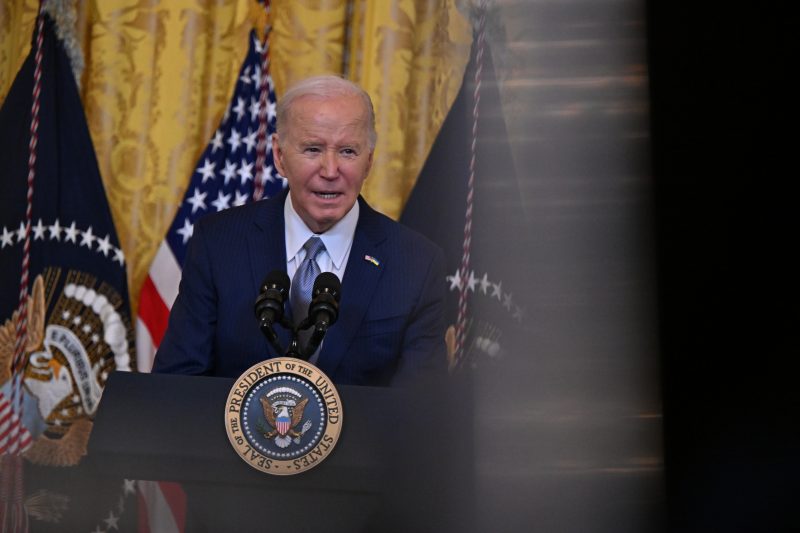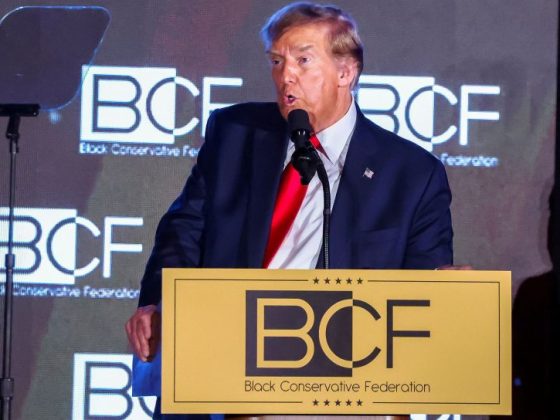As the federal government shutdown deadline looms near, President Joe Biden has convened congressional leaders to look into the matter and navigate a way forward. It’s important to underscore just how pivotal this moment in U.S. politics is, given that government shutdowns have significant ripple effects on communities across the country. Thus, the president’s decision to involve influential Democrats and Republicans reflects the enormity of the situation at hand.
The government shutdown set to occur if no agreement is reached will freeze numerous federal operations and services. For context, such a shutdown can affect federal entities’ capacity to deliver services. Additionally, it could mean unpaid leave for many federal employees temporarily.
A democratic president, Joe Biden, has shown unwavering commitment to ensuring a functioning government that continuously provides services to the American citizens. Emphasizing bipartisanship, he rallied congressional leaders across the aisle, comprising House Speaker Nancy Pelosi, Senate Majority Leader Chuck Schumer, and their Republican counterparts, Minority Leaders Kevin McCarthy and Mitch McConnell. This unique constellation of strong political personalities epitomizes a crucial theme in American politics- acting in the greater interest despite ideological disparities.
This shutdown crisis has its roots in a dispute over federal funding. Democrats have presented a bill that would keep the government running until December while increasing the federal borrowing limit, thus preventing a potential financial crisis caused by a debt default. The primary contention arises from Republicans who insist Democrats must shoulder the task of raising the debt ceiling independently.
Biden’s move to convene the top congressional leaders is seen as a tactful step to ensure a common ground between the two parties. His preference for dialogues and negotiations over political altercations is not entirely surprising given his long track record in the Senate—where reaching across the aisle is a necessary task. Furthermore, his pledge during his presidential campaign to unite a divided America may be guiding this approach.
Moreover, the president’s intervention could serve as a reassurance to Americans amid the worrying prospect of a government shutdown in the backdrop of an already churning pandemic economy. Biden’s administration has largely concentrated on economic recovery following the pandemic, and a government shutdown would be a setback.
Moreover, this situation has brought into focus the intricate nuances of American politics. Congress holds the power of the purse but raising the debt ceiling – something done routinely over years irrespective of the party in power – is currently stranded between parties’ interests and the wellbeing of the nation.
Biden is also displaying his capability to navigate high-stake, time-sensitive challenges. His initiative for transparent and robust discussions with the congressional leaders provides an insight into his leadership style that prefers inclusivity and co-operation.
Thus, as the deadline spirals closer, the entire nation awaits the resolution of the standoff. While it involves the immediate question of federal funding and the concern of the debt ceiling hike, it’s also an unmistakable reminder of the need for bipartisan cooperation in the face of national issues. Whatever the outcome, this instance serves as a testament to Biden’s leadership style that encourages dialogue and mutual understanding, a refreshing contrast in the often divisive world of politics.











